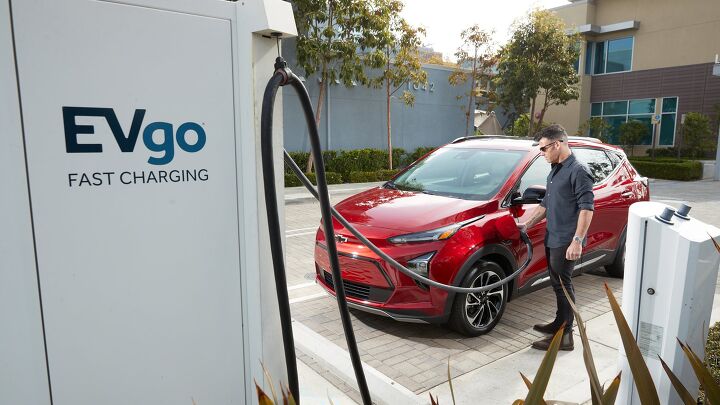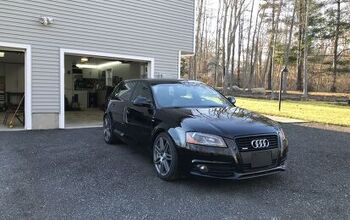EV Supply Chains May Be Dirtier Than You Think

Most of us know that even the most efficient, long-range EVs generate emissions during the raw materials extraction and production phases, and that’s before we count the logistics required to move everything around the world a few times in the process. The Washington Post recently reported on some of the “dirty parts” of EV manufacturing, and it paints a picture of challenges ahead as more people look to make the shift to electrics.
EV batteries weigh hundreds of pounds and require several minerals and other materials that have to be mined. Many of the extraction locations are in poor parts of the world where the environmental safety and protections aren’t as strong as they are here. Materials like manganese mined in South Africa can have significant negative impacts on local communities and the people doing the mining. Workers in some mines report memory loss and slurred speech related to their work.
These challenges are likely going to get worse as demand for raw materials increases. The reporting estimated that demand for lithium will climb 40 times over by 2040, while other minerals will see astronomical growth of 20 times or more over that period. New battery chemistries and designs may help alleviate some of that pressure, but it will be some time before that happens, and the damage will have been done.
As The Washington Post points out, the U.S. is working to expand its supply chain through legislation like the Inflation Reduction Act and other efforts. That could raise EV prices initially, as much of the existing sourcing and refining infrastructure lies in China, and upcoming changes to the tax credit rules will make vehicles with Chinese-sourced or refined materials ineligible.
[Image: Chevrolet]
Become a TTAC insider. Get the latest news, features, TTAC takes, and everything else that gets to the truth about cars first by subscribing to our newsletter.

Chris grew up in, under, and around cars, but took the long way around to becoming an automotive writer. After a career in technology consulting and a trip through business school, Chris began writing about the automotive industry as a way to reconnect with his passion and get behind the wheel of a new car every week. He focuses on taking complex industry stories and making them digestible by any reader. Just don’t expect him to stay away from high-mileage Porsches.
More by Chris Teague
Latest Car Reviews
Read moreLatest Product Reviews
Read moreRecent Comments
- ToolGuy Nice car. I would buy it but I wouldn't be able to put fuel in it, plus I am not a criminal.
- 3-On-The-Tree Old news if it is even true. But from m my time as Firefighter/EMT fighting vehicle fires when it catches fire it is very toxic.
- Akear Chinese cars simply do not have the quality of their Japanese and Korean counterparts. Remember, there are also tariffs on Chinese cars.
- 3-On-The-Tree My experience with turbos is that they don’t give good mpg.
- GregLocock They will unless you don't let them. Every car manufacturing country around the world protects their local manufacturers by a mixture of legal and quasi legal measures. The exception was Australia which used to be able to design and manufacture every component in a car (slight exaggeration) and did so for many years protected by local design rules and enormous tariffs. In a fit of ideological purity the tariffs were removed and the industry went down the plughole, as predicted. This was followed by the precision machine shops who made the tooling, and then the aircraft maintenance business went because the machine shops were closed. Also of course many of the other suppliers closed.The Chinese have the following advantagesSlave laborCheap electricityZero respect for IPLong term planning


































Comments
Join the conversation
Masterbaiter: that comment makes no sense. Oil companies are out to maximize profits. if they can get cheap oil somewhere (gov't lands) then that just means they can make so much more selling it at going rates.
Bullnuke: There is cheap crude. Crude that takes almost no effort or cost to pump vs crude that is extremely expensive to extract.
Back in the '60's and 70's they would have thought you were nuts to try to extract oil from shale or tar sands.